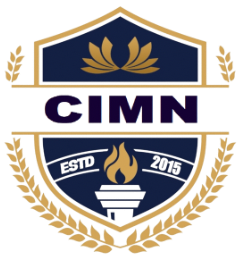Why CIMN
In the current scenario where the economy as well as the global market is going up and down in a blink of an eye, everyone needs to acquire basic managerial skills and knowledge in order to be well equipped and stay competent with the world. As the organizational environment—including economic, political, competitive, regulatory, and cultural factors becomes more complex, there is an increased demand for managers with the necessary skills, understanding, courage, and energy to tackle the difficult demands faced all organizations face species. To be a successful manager, a person needs skills in decision making, financial analysis, and interpersonal relationships. He/she also needs the ability to apply these skills in the context of limitations, opportunities, and alternatives.
CIMN enhances these skills by offering training in business management theory and practice, which are a powerful tool to:
• To offer help in choosing the right direction for their career.
• To start their own business.
• To gain the competitive and attacking advantage in a focused world.
• To develop their personality or identity as a whole.
• To become a spearhead in an emerging field.
• To have better job satisfaction and enjoy complacency.
• Appreciate more career security.
• To improve their financial position.
• To increase valuable networking resources.
• To advance their career and profession.
• To quickly develop technical know-how and business acumen.
• To become a pioneer to develop a follower.
The university is a leading agency engaged in management training for cooperative staff, cooperative education and research and has the following main objectives:
• To organize Management Training Programmers for the Senior/middle- level executives of the Cooperative/other allied departments and cooperative Institutions.
• To organize workshops/Seminars and symposia for the officials and non-officials of the Cooperative personnel of the region.
• To conduct Research on various facets of the cooperative movement and provide consultancy services.
• To provide academic support and guidance to the Cooperative Training Centers of the State.
• To assess the Training needs of cooperative and other allied sectors in the region.
• To organize specialized Training programmers to cater to the specific training needs of the user-organizations.
